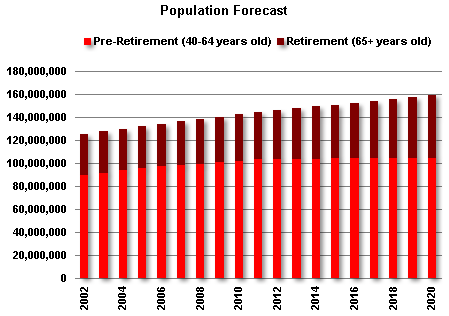How Many Mitral Valve Operations Performed Each Year?
By Adam Pick on November 24, 2007
One of the typical thoughts which appear for patients diagnosed with a severe heart valve disease diagnosis is that of… loneliness. As a heart valve patient wrote me recently, “I feel so alone.”
Heart valve surgery can trigger scary and isolated thoughts – for both patients and caregivers. Personally, I remember that lonely feeling when I was diagnosed with aortic stenosis which lead to my Ross Procedure (double valve replacement).

This thought rattled around in my head, “I do not know anyone who has had aortic valve replacement. Hmmm. This must be a very dangerous operation.”
Interestingly enough, that fear can and should be managed when evaluating the realities of cardiac surgery…
While cardiac surgery is more risky and less prevalent than having a wart removed, reports suggest that (i) many people have heart valve surgery and (ii) most people live a longer life as a result of heart surgery (See “Life Expectancy After Heart Valve Surgery”.)
Recently, I located some interesting information on the number of aortic valve replacement surgeries performed each year. That discussion, along with other thoughts on how to dispel the fear of heart valve surgery, have resulted in this question… “How Many Mitral Valve Operations Are Performed Each Year?”
Reports suggest a wide range of data on the number of mitral valve operations (mitral valve repair and mitral valve replacement) performed each year. However, a recent study by medical editor Marilyn Brooks suggests that, on average, over 40,000 mitral valve operations are performed annually in the United States alone. Leaking heart valve symptoms are the cause of many heart valve repair and replacement operations for Americans.
That is a lot of mitral valve surgery, right? Maybe. But consider… Looking forward, that number will probably increase given the success of minimally invasive procedures – including catheter-based approaches to cardiac surgery.

Recently, I attended a Cedar-Sinai Cardiac Surgery Conference here in Los Angeles, California. One of the presentations was about the success of noninvasive heart surgery on high-risk patients (overweight, alcoholic, etc.).
The results were very encouraging. That said, the likelihood of annual mitral valve operations and other heart valve operations will increase – especially, when you consider the baby boom generation (76 million) is getting older.
According to research from Celent, the baby boomers are now retiring. As a result, there will be 30 million new retirees by 2020. They will need new reading glasses, new canes, new wheelchairs and… new heart valves.
I hope this helps explain more about the number of mitral valve operations performed each year.
Keep on tickin!
Adam










